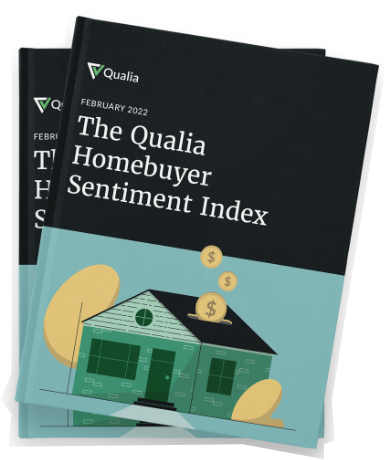There are several restrictions on the claim that real estate may be a successful investment. For most people who want an easier or more exciting way to grow wealth than investing in the stock market for the long term using a diversified portfolio, investing in real estate, especially to generate passive income, is more of a myth than a practical strategy.
Consider the following facts linked with real estate investment before joining the ranks of newbie real estate investors who don’t understand how much skill and luck are needed to break even, much alone turn a profit.
Some Myths of Passive Real Estate Investing
Profit and flourish with the finest tips financial experts sent to your inbox on investing, taxes, retirement, personal finance, and more.
Rental property management is a lot of work.
Here is what most individuals imagine when they tell me they want to invest in real estate: Every month, on the first, they get a rent check that is significantly more than the mortgage payment for the house. They utilize the money from the cheque to pay the mortgage and other associated expenses before keeping the profits.
Finding, acquiring, and managing a rental property is feasible, making this ideal situation a reality. However, it is only for some, and contrary to popular belief, it is not a passive activity.
To recruit renters and prevent vacancies, advertise.
- When looking for new tenants, show the rental property to potential tenants and assist with upkeep for existing tenants.
- Verify all applications to make sure you get competent, trustworthy tenants.
- Maintain the property’s care and improvements to keep luring high-paying tenants.
- Promptly respond to maintenance requests, plan repairs, or carry them out independently.
- Organize your financial responsibilities, including bill payments, security deposits, etc
Someone other than you might be the best fit for the landlord position. You can only anticipate that this will require significant time and work.
You could hire a certified property management firm to handle the hassle. That is a practical choice, and many professional real estate investors go with it. However, given that typical property management costs might be as high as 10% of your monthly rent, leaving even less space for profit.
A house isn’t necessarily a good rental just because it’s a house.
Again, none of this means that buying real estate and renting it out to generate revenue from rentals is a waste of money. The myth is not that. The misconception is that anyone may rent out whatever property they purchase.
Unfortunately, it’s not exactly that easy. Most individuals who merely want to buy a single-family house they’d personally love living intend to assume that learning to analyze the economic possibilities of a rental property is much more complicated than they are.
The 1% rule, which states that the rent you might earn from a rental property needs to equal 1% of the purchase price of that property to be a good bargain, is one of the more straightforward formulae. However, it is too generic to be a set formula for success.
You Need an Estate Plan for Your Vacation Home
This is particularly valid in unique real estate markets like the ones we have experienced over the past two years. That rent for a moderate single-family house will only be accepted in some areas.
You Probably Don’t Want to Live There Yourself If You Want to Invest in Real Estate
The scenario we hear many people describe when they say they want to invest in real estate is that they want to buy a vacation home, use it themselves for a portion of the year, and then rent it out when they are not personally using it. That back-of-the-napkin math for determining what can work for a rental also doesn’t account for this scenario.
Keep in mind that receiving rental payments does not guarantee a profit. You would need to calculate your total internal rate of return, which requires you to take into account all costs of homeownership, not just the top-line figures on your mortgage statement, to determine if you are earning a return on a property that is equal to or higher than what you could expect through a diversified portfolio invested in a variety of mutual funds and ETFs.
Purchasing real estate could cause you to lose sight of your true objectives.
Many customers want to look into purchasing real estate as a method to increase their wealth. Most of them need an abundance of time, energy, and hundreds of thousands of dollars lying around asking to be used to buy another property.
Because it involves a substantial amount of money, purchasing real estate sometimes prioritizes other objectives. Only you can decide whether investing in a real estate portfolio is a wise use of your time and resources and whether it is worthwhile to forgo other objectives to finance this project.
Investing in real estate requires a team of competent professionals
It’s simple to believe you can handle real estate investment independently since bloggers and podcasters often make it seem straightforward.
However, the truth is that real estate investment is challenging. To safeguard yourself and your investment, you’ll need a team of dependable specialists because legal and financial factors are at play.
Conclusion
Real estate investing operates in a different financial environment than your finances. Therefore, having an accountant, tax expert, and financial consultant knowledgeable of the area is equally essential to a well-oiled real estate investing engine.
The success of a new real estate investor depends on their ability to create and maintain these sorts of partnerships.




